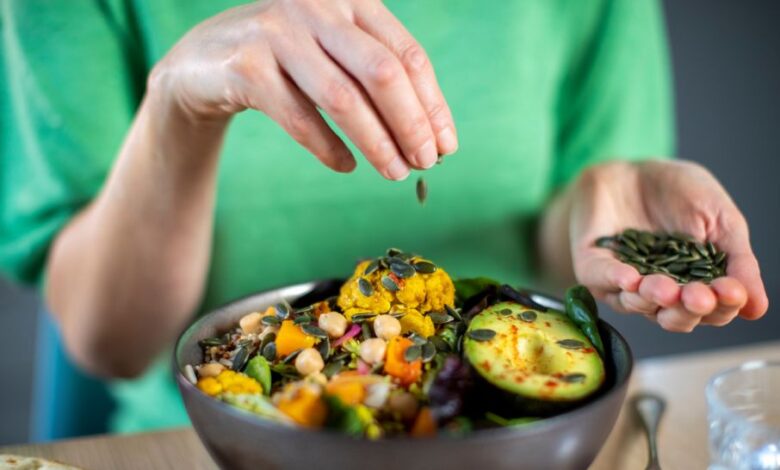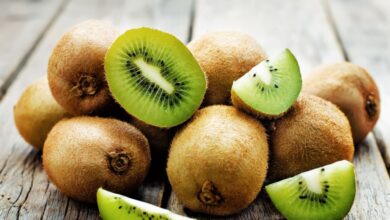Should You Follow a Diet for Polycystic Ovary Syndrome (PCOS)?

Polycystic Ovary Syndrome (PCOS) affects 5-10% of women between the ages of 15-44. This syndrome involves hormonal imbalance and metabolic disturbances.
The primary causes include insulin resistance, hormonal changes, and issues with gonadotropin production—hormones crucial for reproductive function. Factors such as body weight, blood sugar levels, and insulin production are considered.
Some studies suggest that adopting an appropriate diet may reduce the risk and symptoms of PCOS. Preventive measures include limiting and controlling fat intake.
Recommended Diets for PCOS:
- Low Glycemic Index Diet: This diet involves consuming carbohydrates that are slowly absorbed, preventing a rapid increase in blood sugar and insulin. Emphasis is placed on foods such as legumes, nuts, seeds, fruits, etc.
- Anti-Inflammatory Diet: Used to improve blood sugar levels, hormonal balance, and more. It includes foods with anti-inflammatory properties such as berries, fatty fish, leafy vegetables, extra virgin olive oil, etc.
- DASH Diet: Originally recommended for high blood pressure, the DASH diet is beneficial for PCOS as well. It includes foods like fish, poultry, vegetables, fruits, low-fat dairy products, whole grains, etc.
A 2021 study indicates that diet has influenced conditions like insulin resistance, regulation of high blood sugar, and fat accumulation. All these diets share similarities as they encourage the consumption of fresh foods and exclude processed products, added sugars, and high-fat foods. In general, it is recommended to consume fiber-rich foods; fatty fish such as tuna, mackerel, and salmon; vegetables like spinach, cabbage, cauliflower, and broccoli; dark-red fruits like blueberries, cherries, and grapes; legumes such as red beans and lentils; healthy fats like olive oil and avocado; nuts and dark chocolate in moderate quantities; and spices like cinnamon and turmeric.
Weight control is crucial for women with PCOS.

